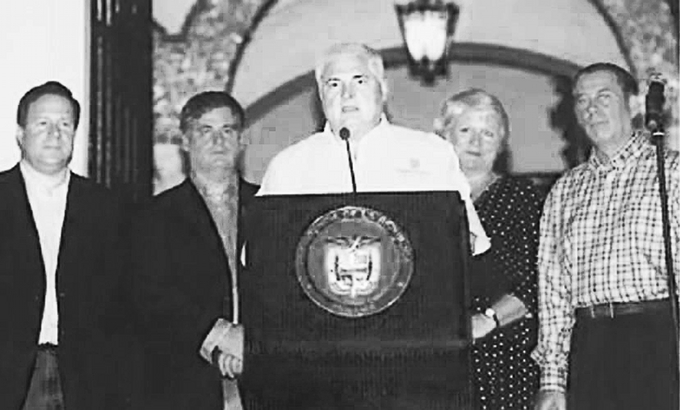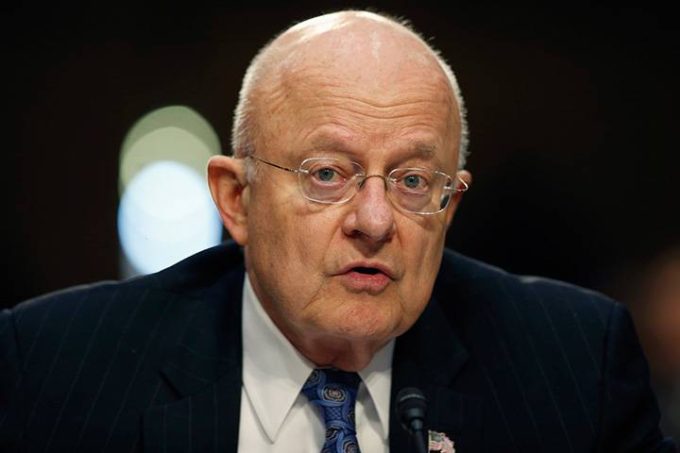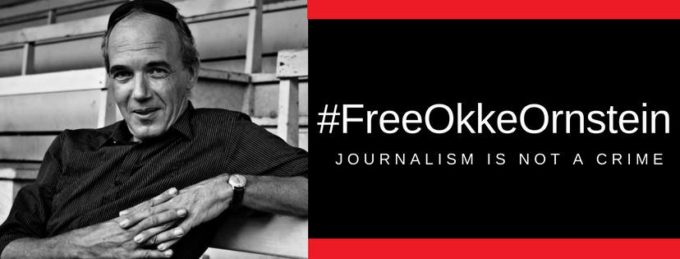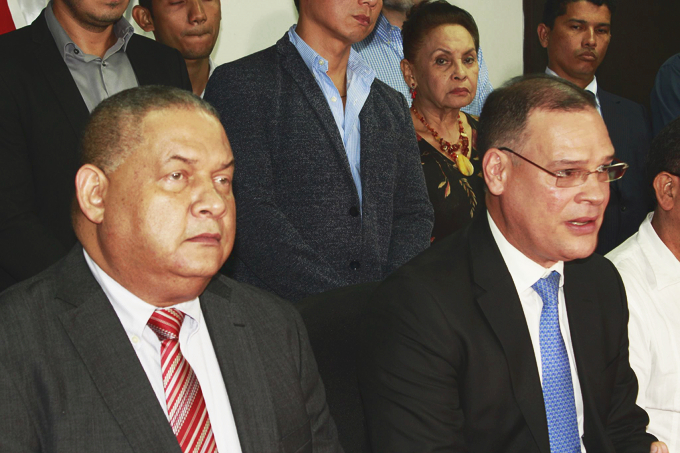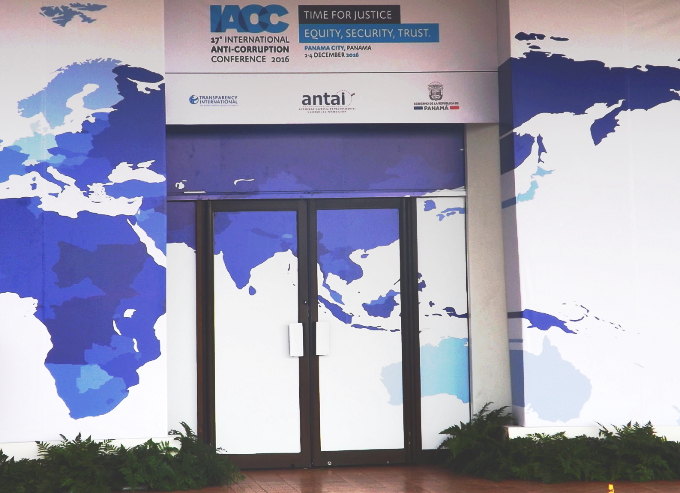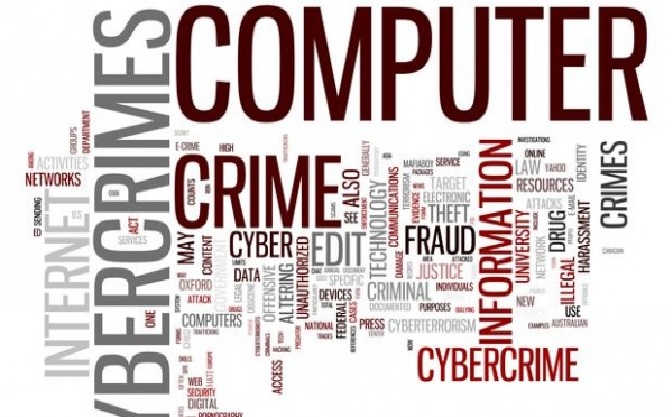
Computer concerns for Democrats Abroad
by Eric Jackson
1. As a preliminary concern, the August 2013 gag order on talking about the NSA also left Democrats Abroad unable to talk among ourselves as thinking adults about what it meant that the United States, the United Kingdom, Canada, Australia and New Zealand all have the ability to intercept virtually all of the world’s electronic communications — including those of the heads of some quite sophisticated states — and that swapped among these powers were manuals on using these capabilities for political dirty tricks. That’s what the Snowden revelations — which should not have been any shock to anyone who knew about the earlier generation ECHELON system which came to light in the late 1980s — were all about. The Russians and the Chinese (probably Japan, Israel, France and other powers too) would not have similar capabilities? We would be caught unaware after Russia’s little cyber-wars with Estonia and Georgia? Debbie Wasserman Schultz and several other top DNC people should not have been doing the gutter-level stuff which obliged them to resign when it came to light — that’s on them. But the hubris to think that they could discuss that sort of stuff on electronic media without worry of it being intercepted was foolhardy. And had the gag order not been in place, I for one would not have expressed shock at these sneaky bastards at the NSA, but advised caution based on the principle that we are not invulnerable and what goes around comes around.
a. (By the way, the “terrible scandals” about the John Podesta and Donna Brazile email hacks? Those were JOURNALISM scandals, as in sensationalist spins on nothing. They were partisans who played hardball, but did nothing to disgrace themselves. Reporters and editors who breathlessly published these things as big “scoops” made asses of themselves.)
b. (By the way, most of that trove of WikiLeaks stuff has not been published and it should not shock us if Democrats Abroad communications come to light at some point. It would in part depend on whether things were routinely copied to the DNC.)
2. In this age of widespread vote suppression, the Democratic Party needs to take on much of the aura and many of the functions of a civil rights movement. We should have a comprehensive proposal for a New Voting Rights Act that does many things beyond plug the holes punched in the old one by the Supreme Court in 2013. One of the matters is the possibilities of hacking into electronic vote count systems, for which there won’t be any recourse if there is no paper trail. For voting from abroad we WANT more electronic voting, but we also want it to be secure.
3. We should demand a full and honest investigation of the hacks and leaks. Not a free pass to become mirror images of Trey Gowdy or Joe McCarthy, but the unvarnished truth.
4. What we do in response to the hacks and leaks is a separate bundle of issues. Insistence on a neoconservative warlike posture and vilifying every Democrat who objects would be a wonderful way to further split the party. Pretending that there is no cause for concern would also make the party look foolish if we adopted that position.
5. What WAS it about Trump sending fundraising email spam to members of foreign parliaments and other inappropriate recipients? Quite frankly, the Hillary campaign dropped the ball on the probable nature of THIS computer crime. Trump most likely bought an international spam list on the black market, or a market “cleansed” to be gray. Generally these lists are generated by hackers who break into websites and databases and mine for email addresses. That’s probably what the 2013 Yahoo hack of data on a billion accounts was all about. The hackers often destroy websites in the process, a matter of vital concern to a lot of American small business and small media. There is not one gang in the world that does this sort of thing, but several. Russian mob families are not “the big boss men” who run it all but it is believed that they are deeply involved in the racket. A lot of this stuff comes out of Eastern Europe, a lot out of South America — but in that game one can attack by circuitous routes. Trump has a long record of associations with mobsters, including with Russian mobsters. To attribute what Russian mob groups to the Kremlin is a nonsequitur unless there is more evidence to show that. Russia does jail mobsters, but for all we know the Russian government may also work with “their” thugs. (If this sounds like paranoid fantasy, remember Nixon’s ties with the Vesco gang, and remember the Iran-Contra mess.) Anyway, an investigation of that strange fundraising spam episode ought to be among Democratic demands, even if it’s a demand the Republicans are not likely to accept.
6. The biggest computer issues for DA are probably a database that’s easy to work with and online conferencing technology that works well in places with slow Internet connections. Both DA and the DNC should be looking for the best deals and not somebody who knows somebody. Advanced professionals should guide the search, but the snobbery of people who have the latest equipment and reside in the places with the best connections presuming that there is something wrong with those who don’t is something to screen right out.
7. We have a bunch of computer issues arising from the conversion of the Democratic Party from an organization of activists into an email fundraising list. A lot of people don’t want to be on such a list, especially but not only those who are poor and don’t want to get these “we have your record and you haven’t given” insults. And joining DA should not mean getting on Patrick Murphy’s spam list but not Alan Grayson’s (or so on). There are human-based policy matters to be addressed in addition to the techniques of fundraising.
~ ~ ~
These announcements are interactive. Click on them for more information.






